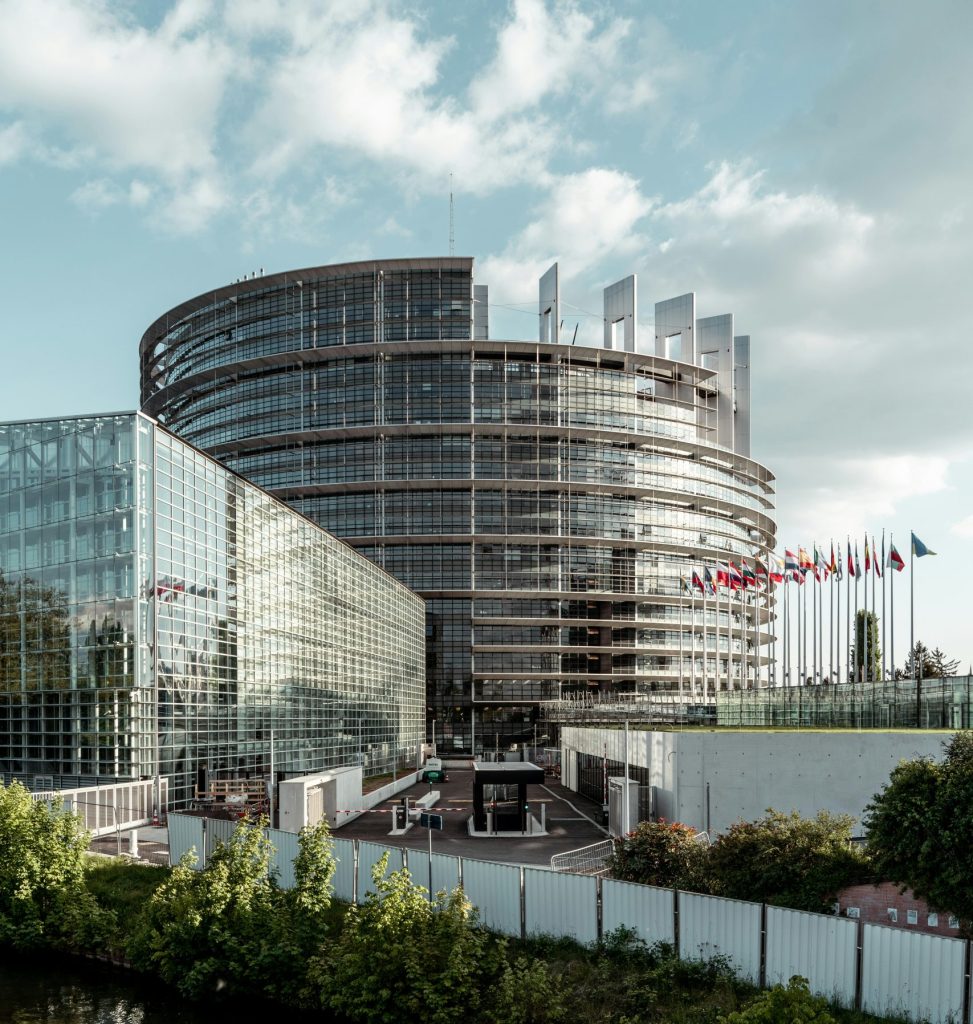One year after the elections, a deeply unstable European Parliament
Study prepared and discussed within the framework of the Jacques Delors Institute’s Observatoire politique du Parlement européen. The author alone is responsible for its content.

In the aftermath of the European elections in June 2024, the major political balances seemed likely to hold, despite the unprecedented surge of the far right. This relative optimism was short-lived. Everyone now realises that the new European Parliament has changed radically, that the rupture in the Union is profound and that a new world is emerging.
It is true that in November 2024 a pro-European majority gave the green light to the new Commission chaired by Ursula von der Leyen (CDU) of Germany. Despite a few defections in their ranks, the centre-right (EPP), the Social Democrats (S&D) and the Liberals (Renew) voted in favour of the new Commission, joined by around half of the Greens (Greens/EFA) and the Conservatives (ECR).
But competitiveness, administrative simplification and the fight against illegal immigration have replaced the green transition as the main priorities. And for the first time, an alternative right-wing coalition, without the S&D, is now possible in Strasbourg. In the long term, this could weaken the European Parliament, whose political and institutional influence has already declined in recent years, despite an increase in its powers under the Lisbon Treaty.




